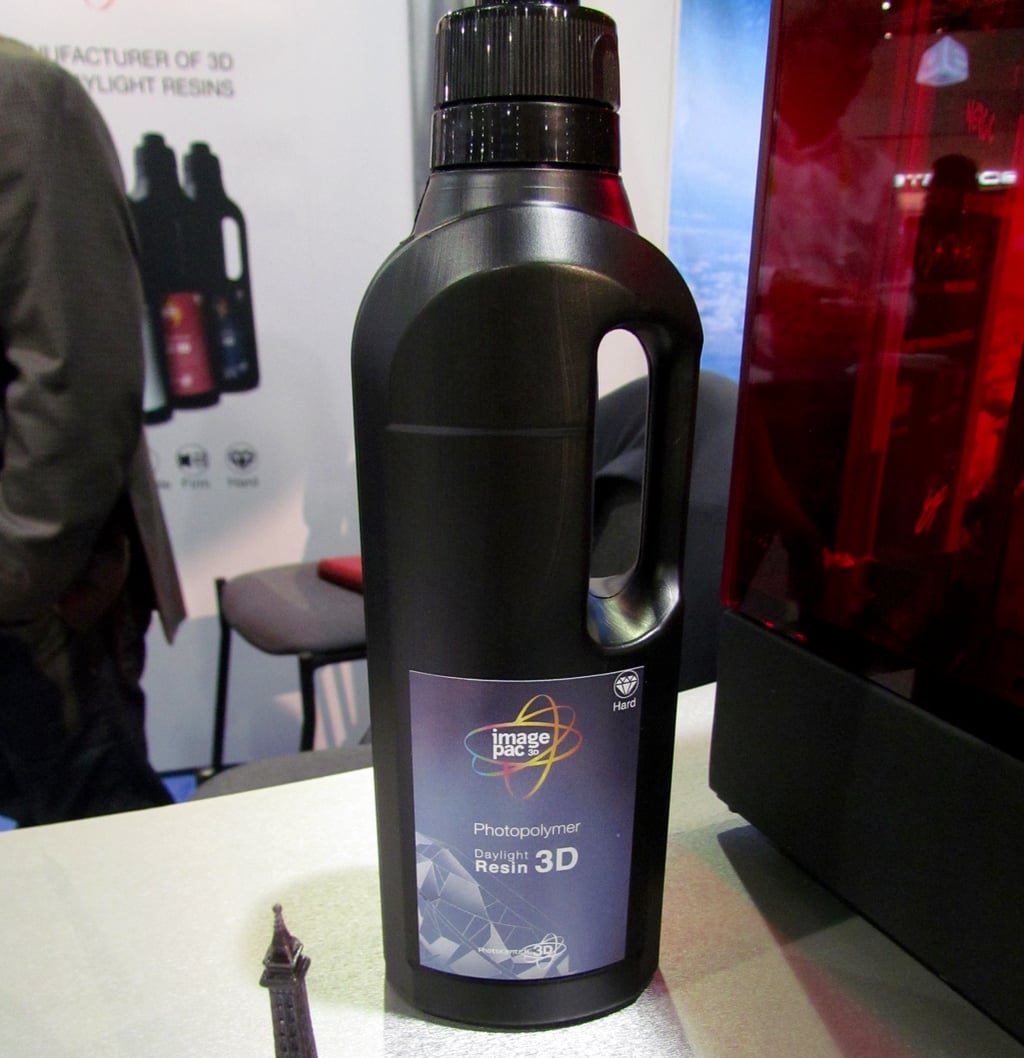
We had a chat with a major manufacturer of 3D printer resin and discovered the stunning level of price markup made by many vendors.
Photocentric is one of five makers of liquid photo-curable resin in the world today, so they know a thing or two about this topic.
We were told they could currently sell resin for as little as USD$20 per kg and still make a good business with it, but their primary market is to resell the resins to others, typically 3D printer manufacturers who bundle the resin with their devices. These manufacturers also sell resin separately for their products, sometimes bottled in proprietary cartridges.
And they often do so at very high prices, as the 3D printer owner often has little choice in the matter, depending on the design of the machine. Sometimes prices are as high as USD$200 per kg, far, far above the price level indicated by Photocentric.
Why do they mark up the resin so much? Apparently “Because They Can.”
We were certainly aware manufacturers would mark up their materials, but not to this degree. It seems there should be more competition in this space and Photocentric is ironically the one driving it with the introduction of new resin-based 3D printers of their own.
Photocentric believes it’s possible to drive the price even lower, as they suggest the raw cost of materials to produce a kilo of resin is around USD$7.50. This suggests they could make printable resin in the USD$10-20 range and still make a decent profit, but at this point the volume of shipments is still far too low to achieve this.
While this may seem like a good idea (and it is for consumers of resin), it may be of less interest to the manufacturers, some of whom subsidize the price of their printer hardware through heavily marked-up material cartridges.


1 comment
Comments are closed.